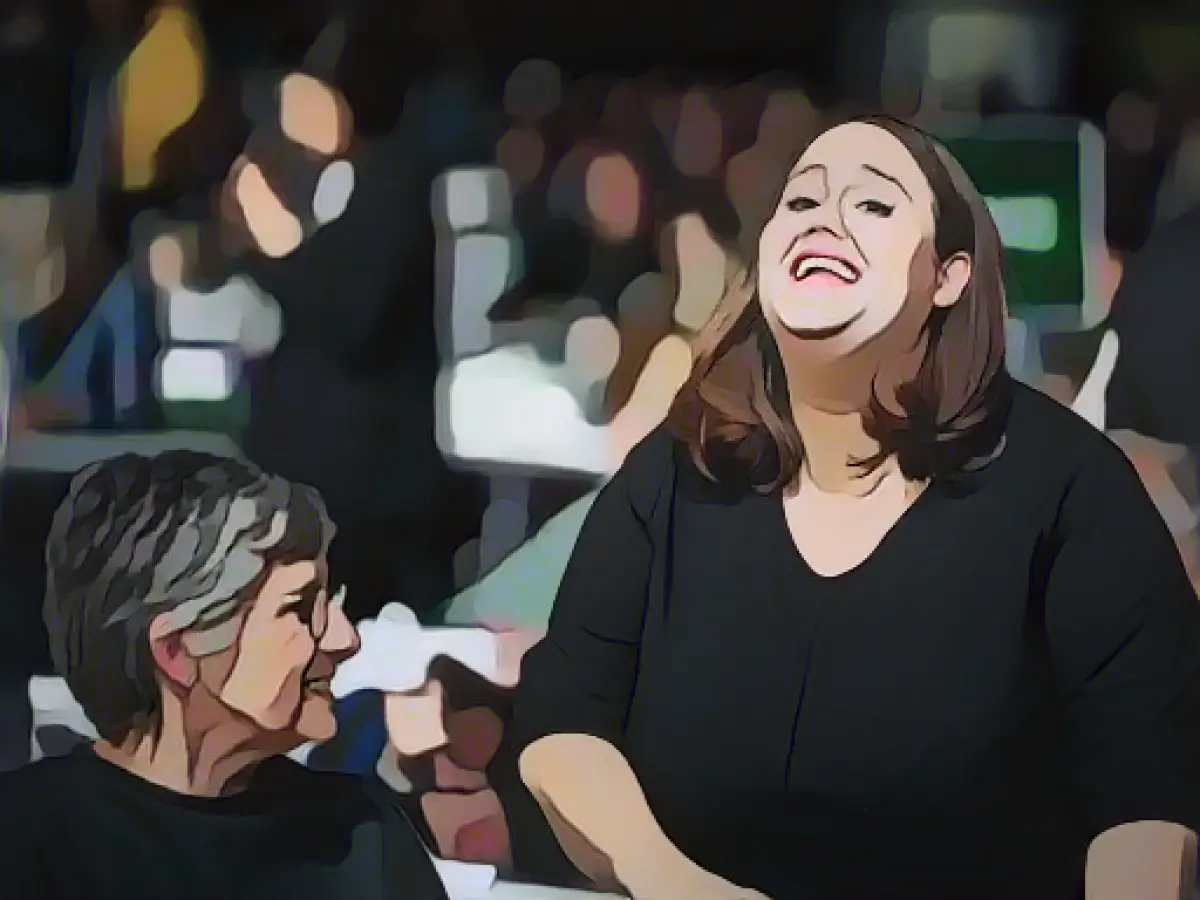Debating the Debt Brake Suspension Beyond 2023
Green Party leader Ricarda Lang fueled discussions on Thursday, advocating for further talks about investment leeway for the coming years and the potential suspension of the debt brake beyond 2023. She proposed this discourse within the federal government, highlighting the need to deliberate on the matter for 2024 and 2025.
The German federal government's and Bundestag's current stance on the debt brake and its possible future amendments are shaping up as follows:
The debt brake, a mechanism introduced in 2009, restricts the federal government's new debt to around 0.35% of GDP, with exceptions allowed in times of natural disasters or extraordinary emergencies, such as the recent coronavirus pandemic and the war in Ukraine. Following its temporary suspension during these crises, the debt brake was reinstated in 2023.
The current political climate is characterized by a provisional budget, as the new coalition government, comprising the SPD, Greens, and FDP, has yet to draft and pass a full budget after the collapse of the previous coalition in November 2024 due to budget disagreements.
Looking to the future, various proposals for reforming the debt brake are in the works. The SPD, Greens, and BSW are advocating for loosened restrictions to accommodate investment spending and preserve social welfare benefits. In contrast, the CDU/CSU, FDP, and AfD champion reducing or eliminating certain benefits while preserving fiscal rules.
A recent survey revealed that 55% of Germans favor reforming or scrapping the debt brake, while only 42% wish to maintain its current state. The likelihood of either the CDU/CSU or the Greens forming a coalition after the February 23 election increases the prospects of reforming the debt brake.
Germany is grappling with a weakening economic outlook, with predicted growth of merely 0.3% in 2025 and 1.1% in 2026. Advocates for increased investment in infrastructure and public expenditure argue that the debt brake hinders governmental economic policy during downturns. Instead, they recommend utilizing additional funds exclusive for investments to promote demand recovery.
In essence, the debt brake controversy remains a crucial topic in German politics. The next government will need to strike a balance between fiscal policy and economic challenges, potentially reshaping the debt brake to tackle the country's issues.








